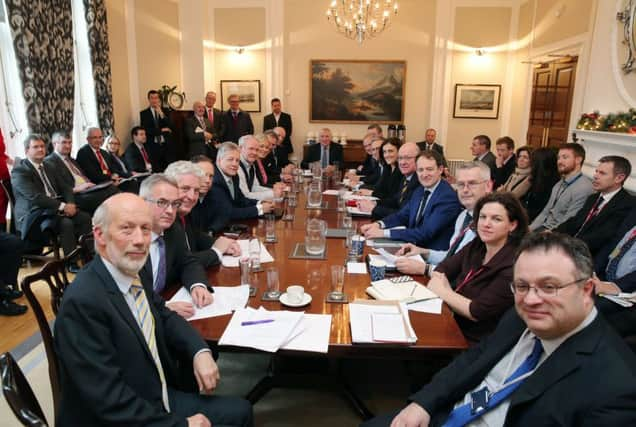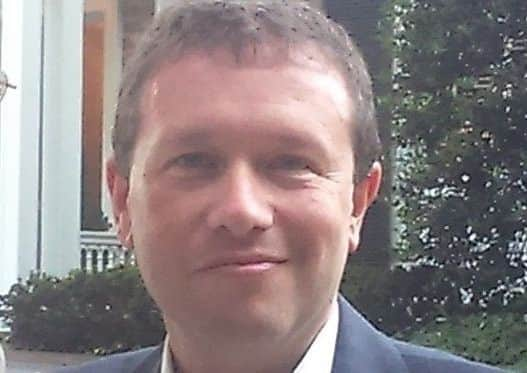Historical context is missing from the SHA legacy bodies


I believe that historians have a contribution to make to dealing with the past in Northern Ireland.
I also believe that it is extraordinary that historians have been largely excluded for the process with much of the debate shaped by legal (or ‘transitional justice’) perspectives which focus on human rights abuses, identifying those responsible for violations and punishing those responsible.
Advertisement
Hide AdAdvertisement
Hide AdWhile this reflects legitimate concerns, particularly about the actions of the state, it also produces a limited understanding of the wider context that shaped policy.


This is not meant as a criticism of lawyers but an acknowledgement of how lawyers and historians approach things differently.
To me historical understanding and context is missing from the legacy bodies envisaged by the Stormont House Agreement (SHA). This has to be rectified.
Historians are trained to adjudicate between competing accounts of the same event or phenomenon, and defend such judgements on the basis of empirical evidence. Historians are trained to think in the context of the time in which decisions were made and this gives them a different perspective on how to approach the past.
Advertisement
Hide AdAdvertisement
Hide AdThe SHA proposes a number of bodies to deal with past that include an Implementation and Reconciliation Group (IRG) to oversee themes, archives and information recovery; an Oral History Archive (OHA); and a History Timeline Group (HTG).


I am concerned that, in regard to the IRG, there is already a suggestion that the themes to be investigated will be a political carve up with, for example, a ‘British state collusion’ theme being traded off by nationalists for a ‘role of the Irish government in the formation of the Provisional IRA’ theme by unionists.
There is real danger of themes implying prejudgement proposed on a political basis with intense political pressure to promote particular hypotheses; this may encourage ideologicalled rather than investigative-led history and, as a consequence, the ‘past’ will not be taken out of politics but drawn very much to the centre of it.
It is, therefore, essential that a historical methodology is a key component in any themes selected by the IRG.
Advertisement
Hide AdAdvertisement
Hide AdWhile the OHA is to be welcomed, the HTG is little short of hopeless for dealing with the past: there are numerous timelines out there already. Yet another will add nothing.
However the role of the HTG could be expanded to perform the role of a limited Historical Commission providing a mechanism for taking a longer perspective on the Troubles and their origin and evolution; indeed the 2013 Haass/O’Sullivan talks had a Historical Commission in the penultimate draft of its final paper until it was removed and replaced with the HTG at the insistence of one of the co-chairs.
This was a missed opportunity but there is capacity to reverse this error.
Much of the archival work, particularly on the early part of the Troubles, has already been done by historians. This would not be about formulating an official history.
Advertisement
Hide AdAdvertisement
Hide AdIt would be about writing an authoritative history – meaning that its findings would not be unchallengeable but would provide the evidential benchmark against which interpretations about the past could be tested. It would not be an agreed history. It would recognise parallel histories allowing an understanding of how and why governments and organisations took particular courses when they did.
What’s more it need not be restricted to the history of the conflict but life and society in Northern Ireland generally. It would complement the other SHA bodies fostering an holistic approach to legacy issues.
Historians should be central to ‘dealing with the past’ – the clue is in the title.
• Tom Hennessey is Professor of Modern British and Irish History at Canterbury Christ Church University